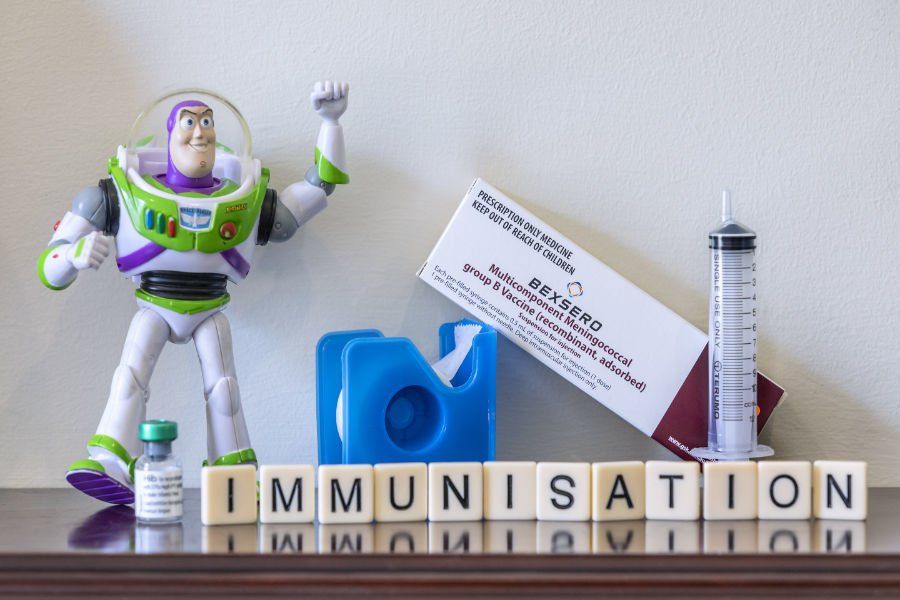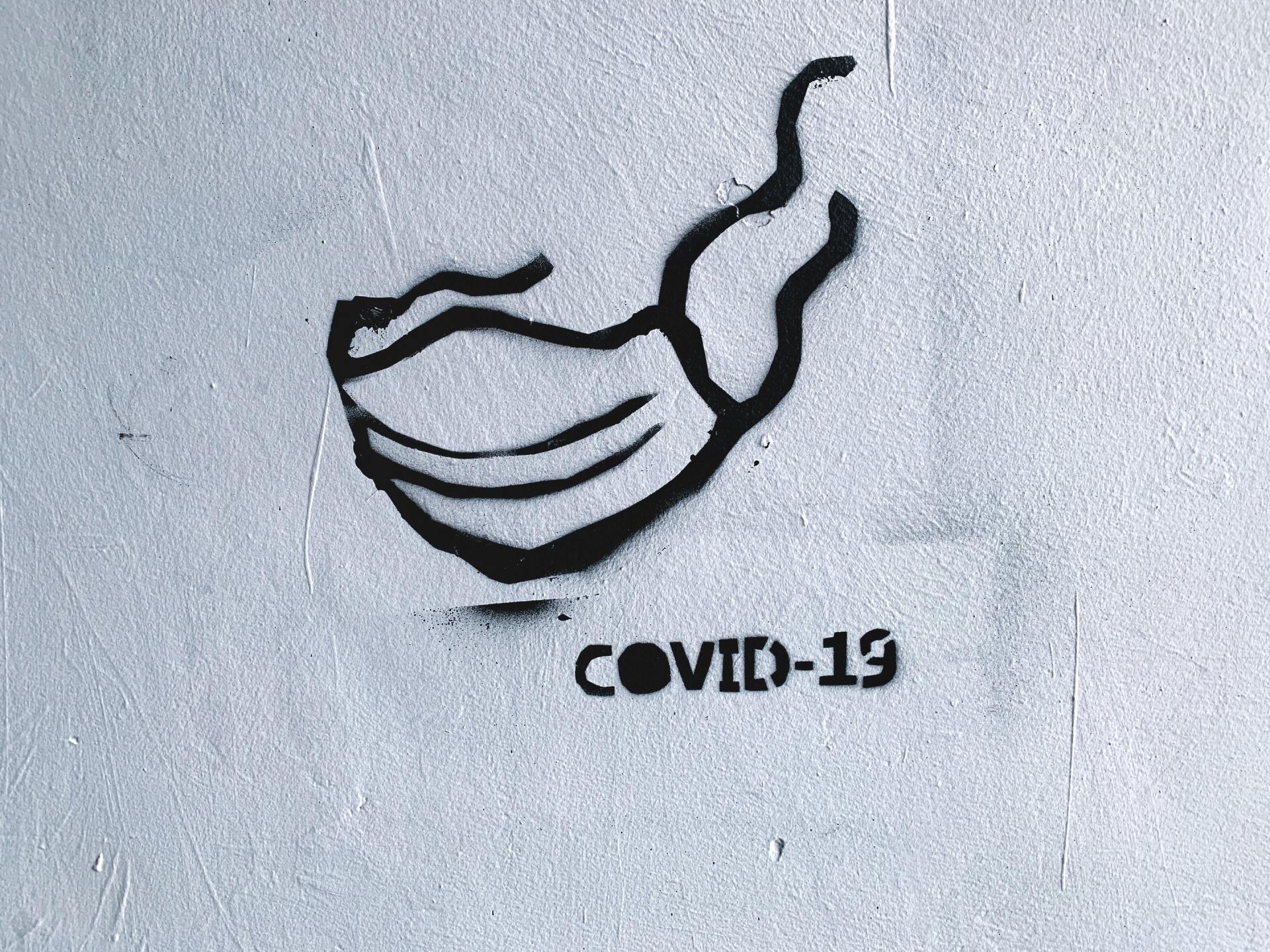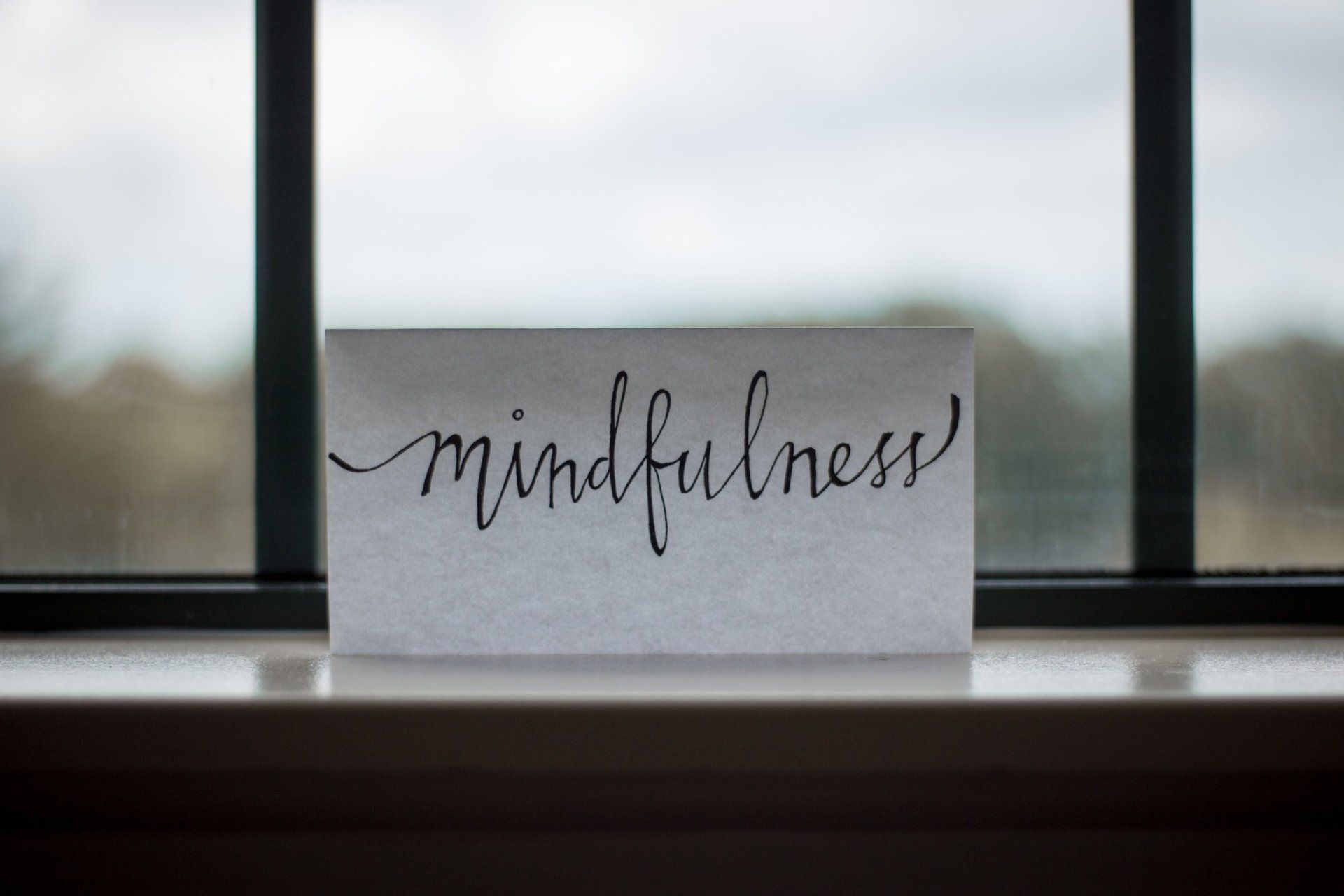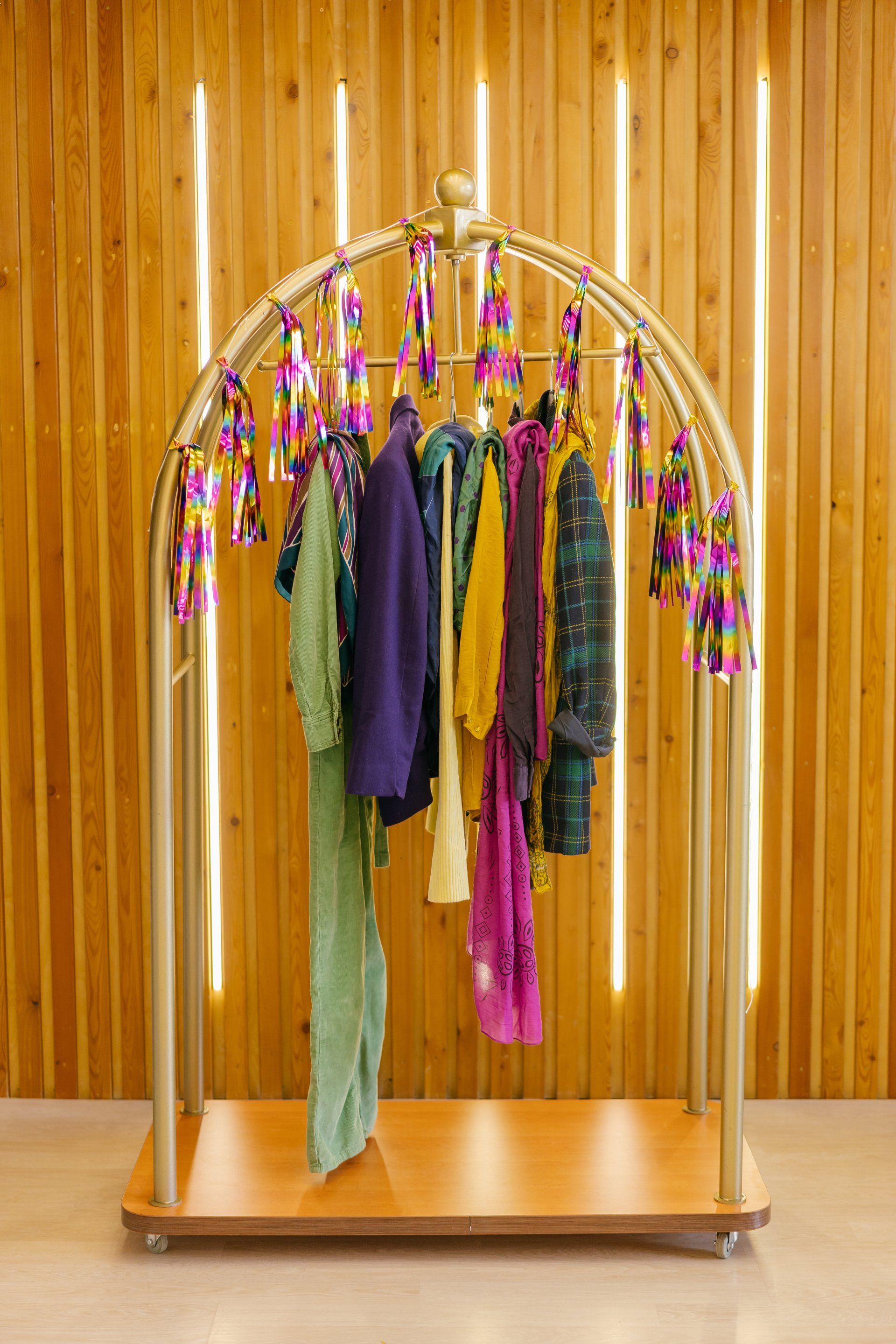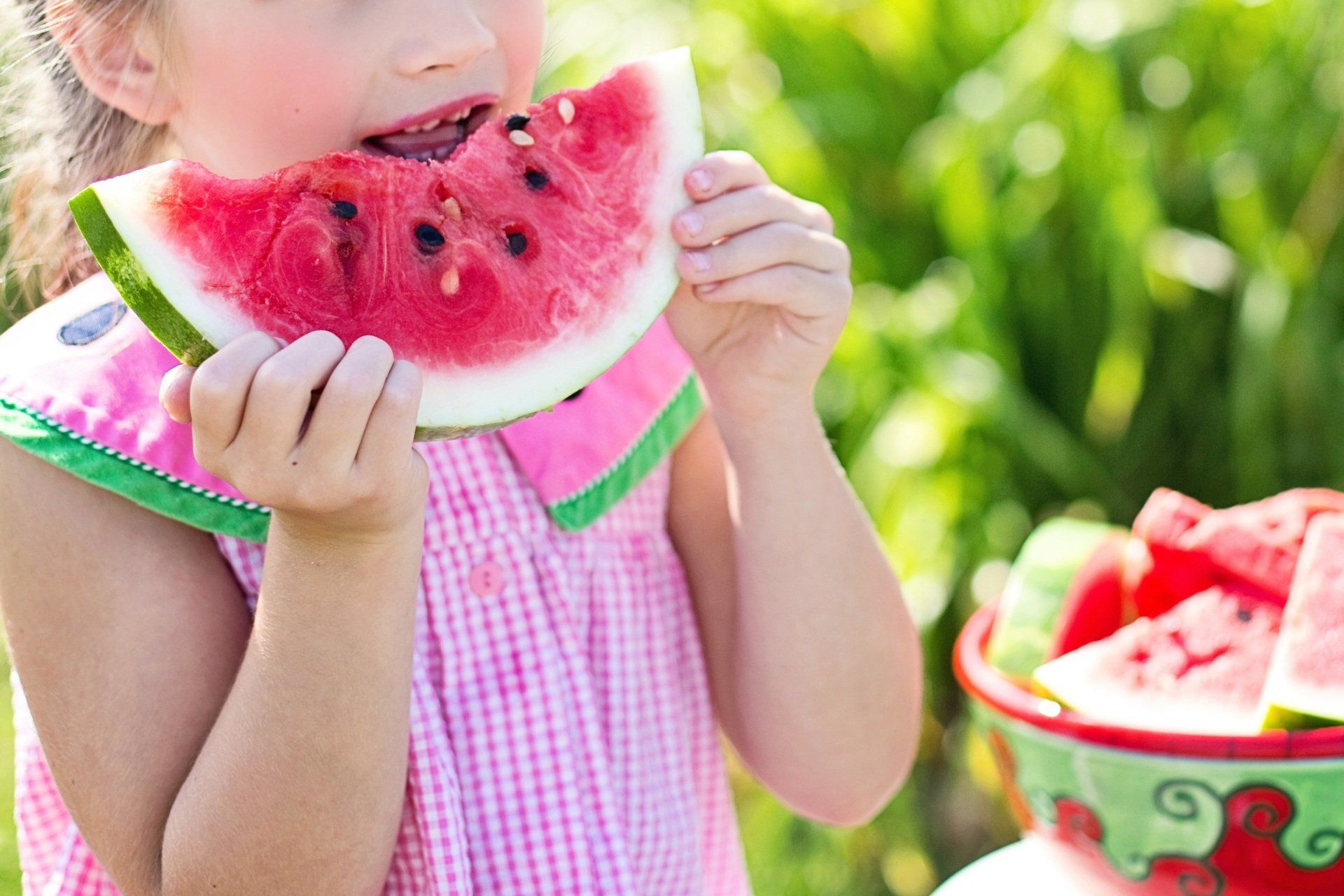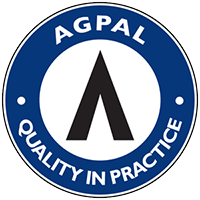Body Image and Motherhood
Body Image and motherhood
By Dr Sam Margis (Consultant Perinatal Psychiatrist)
It doesn’t have to be perfect, it doesn’t have to be flawless. Perhaps it is the flaws that makes it perfect.
In my work as a Perinatal Psychiatrist helping women find their way as new mothers, I sadly spend considerable time in therapy discussing the way women feel about their appearance. It is such a shame.
Body image disturbance in a mother has its beginnings decades before she realizes she has never swum with her teenage daughter for fear of putting on a bathing suit. It often starts when she herself was a teenager and, amongst other factors, felt the pressure of society to perpetuate some ideal “look”. There is an undeniable link between body image disturbance and the unattainable – under healthy nutritional conditions – appearance that the popular press portrays and idealizes. It is a well-known fact that so much photo-shopping and airbrushing takes place that even “the girl in the magazine” doesn’t look like “the girl in the magazine”.
For mothers of today, little has changed in the printed media, just more hypocrisy. Now, healthy body image is espoused by all. No popular magazine journalist in their right mind would condone women saying, “I’m fat…I’m going on a diet”. However, this sentiment is at odds with the message that the images in these magazines send. Until the printed media industry no longer profits from glorifying dangerously unhealthy body types, the industry will continue in its ambivalence about tackling the issue properly.
Perhaps magazines should come with health warnings like boxes of cigarettes. A photo of a woman wasting away with a terminal eating disorder adorning the masthead of the magazine might be enough to help an impressionable reader appreciate the seriousness of disturbed body image. Just the other day a patient of mine made the valid point that if the magazines were really serious about avoiding damaging messages about body image, they could consider showing “before” shots of models that adorn their pages prior to being gifted a “thigh gap” by computerized manipulation.
We should applaud the new laws passed in France, the world’s fashion capital, decreeing that models will now have to provide doctor’s certificates attesting to satisfactory physical health. Furthermore from October this year digitally altered photos appearing in their popular press will need to be labeled on the image, “retouched photo”.
Social media also has a role to play in the tragic perpetuation of unrealistic expectations of one’s appearance especially in the motherhood era. New mums spend considerable time on social media getting sucked into the “comparison game” between one another. Of course, the photos their friend puts on their “feed” is subject to careful scrutiny, selection and possibly even a “filter” or two. The comparison is hardly fair. Bedraggled sleep deprived mums are also drawn to compare themselves to antenatal and postnatal Mother-celebs on social media parading around looking as if they have barely eaten a grain of rice in the previous week. That is not real motherhood!
So shamefully it seems, that sectors of the medical fraternity also have to shoulder some of the responsibility for this crazy perpetuation of unrealistic body image. With advances in medical procedures and cosmetic products, the profession profits handsomely from appealing to the insecurities of mothers with a “post-baby body”. Surely, in the first instance the antidote for low confidence in any sphere should be rebuilding of confidence. So, why on earth, if a mum is insecure about her body, do we first go for a tummy tuck, a replacement set of breasts or skin cosmesis with “injectables”.
Most importantly, we need to celebrate the accomplishments of the mother’s body. It is so amazing, not only in what it endures, but also in what it existentially contributes, from conceiving (with some help from sperm), to growing a baby, delivering it and then if possible nourishing it. None of these functions is compatible with “thigh gap”. And if a mother plans on also raising her own child she will inevitably, have bags under her eyes, lines on her face, and perhaps even grey in her hair.
So what can a mother do? With help she can learn to develop a healthy body image both for herself and for her children. She can model for her daughters that women are so much more than an object to be ogled and she can model for her sons that women are to be respected for all the same attributes as men. She can remember that the most intoxicatingly attractive part of a woman is not her eyes, or hair, or bum, or legs. It is her self-confidence and the way she exudes the positivity she feels about herself.
But this is not a “women’s issue”. Men too play a critical role. They need to ensure that their daughters feel valued by them for everything - their sense of humour, their cleverness, their courage, their inner strength, their kindness, and all their other personality qualities. And they must raise their sons to witness healthy priorities in appreciating women. Boys must see their dads love their mothers for all their qualities and observe grown men embracing body diversity in women.
I owe it to my daughter AND my two sons to take this stance.
I hope you do too.
